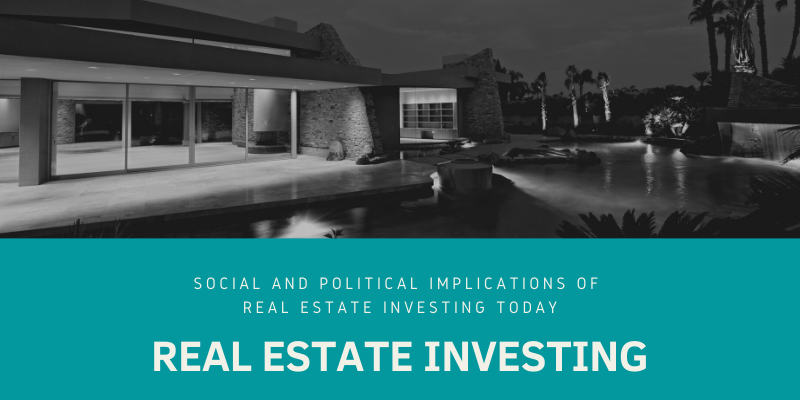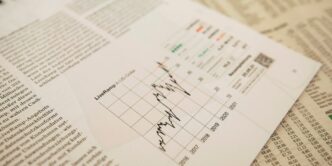Real estate investing is a way for individuals to get into the business of making money by investing in real estate. Real estate is real property consisting of the dwellings or buildings on it, and its accompanying assets including water, minerals, or plants; immovable real property of this kind; an obligation to pay on an installment or rent for a definite term, sometimes for a substantial period of time. Real estate investment is the collective buying and selling of real estate properties between willing buyers and willing sellers. It also includes any dealings with mortgage loans, land or property improvement charges, depreciation on tangible assets, and any other payment terms that are related to the purchase, sale, exchange, or right to ownership.
There are three main types of real estate: personal, residential, and commercial. Residential real estate deals with houses and lots, condominiums, townhouses, mobile homes, and manufactured homes. The majority of the people who buy residential real estate do so to use it as a second or even a third house that they can live in after their primary residence is no longer available. Personal real estate deals with any kind of property used as a family home or place of residence. Commercial real estate deals with any kind of property used for business, whether it is a single-family residence or an office building.
All real estate, regardless of what type it is, has physical characteristics that distinguish it from neighboring properties. All have natural features such as water, soil, trees, etc., all have elevations (slopes) and depressions (mountains), and all have different climate characteristics. The physical characteristics of real estate include its location, shape, size, easiness of access, structure, and other physical attributes that distinguish it from neighboring properties. When you decide to purchase real estate, you are making an economic investment by buying the land on which the structure stands, the buildings that are built on that land (such as a house), and any other physical characteristics of the land.
Some kinds of real estate are “permanent” while others are “temporary”. Permanent real estate includes easements, proprietary rights, mineral rights, covenants, and titles. All of these kinds of real estate are designed so that the property remains within its owner’s control throughout his or her lifetime and at his or her expense during his or her lifetime. On the other hand, temporary real estate is any real property that changes in value due to market conditions. Real estate that changes in value because of market conditions may include raw land, improvements to real estate, and improvements to any adjacent land.
All real estate – permanent or otherwise – has an economic character. When you buy property you are buying a definite economic character with definite physical characteristics that identify the land and identify the person who owns it. This includes the land’s rate of return, whether or not it will be an investment or a drain on your resources, the land’s zoning features, and whether there are improvements (such as a sewer system) on the land that will increase the land’s rate of return. As such, all real estate – permanent or otherwise – is subject to economic conditions.
In contrast, all personal property – whether permanently attached or not – is subject to the personal character of the person that owns it. That is, although the land may have an economic character, it does not necessarily have a social or political character. For example, your personal property (your house) is a social relationship, and a landowner’s relationship to his land can impact the value of his personal property to different people and at different times. If your land has a high rate of return, then the people who benefit from it may desire to take over the land so that they can enjoy the benefits of the land at its current rate of return; whereas, if the land’s rate of return is low, a new owner may desire to rent the land so that he can have access to it without having to invest large sums of money in it. As such, a landowner’s relationship to his real estate has a definite social and political implication, even when the real estate does not have an economic or other significant effects on the value of a person’s personal, real property.













